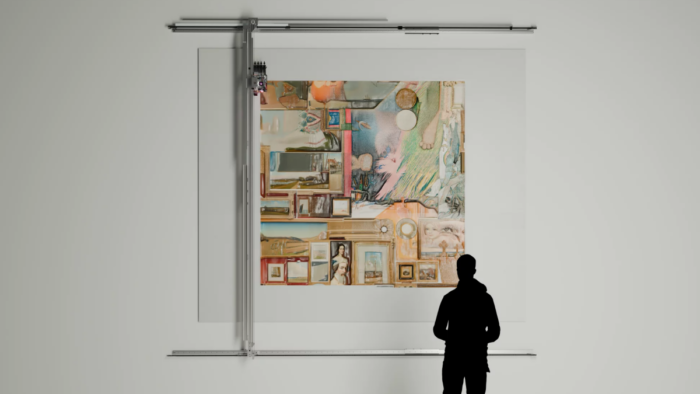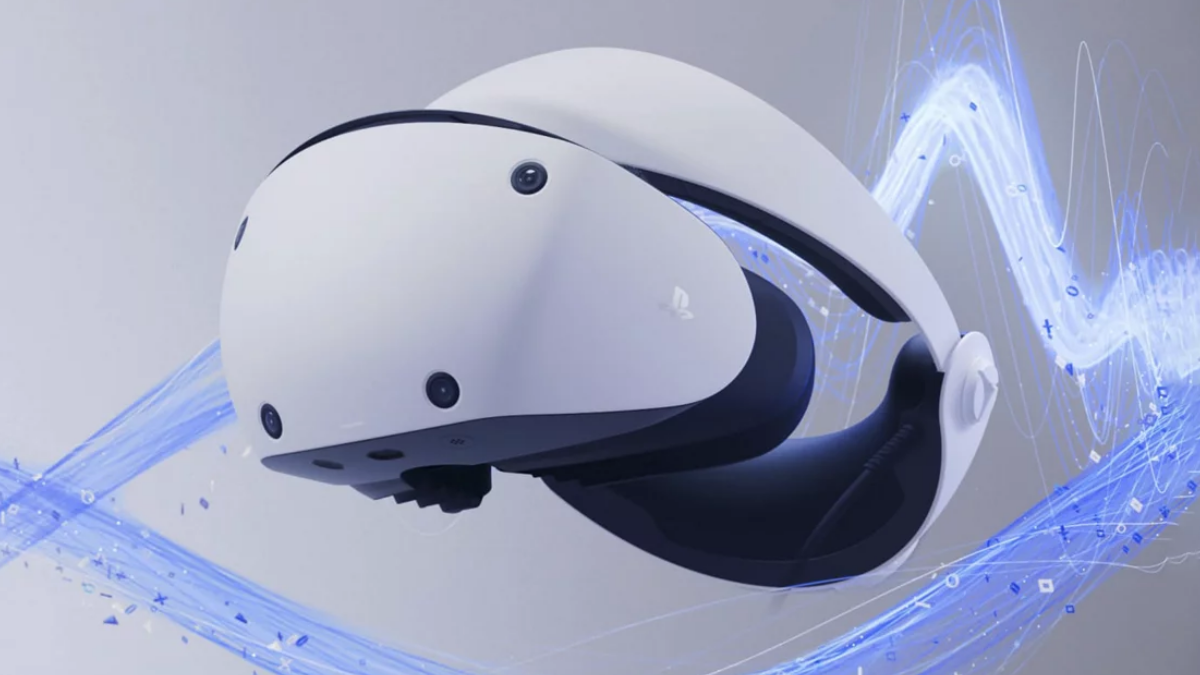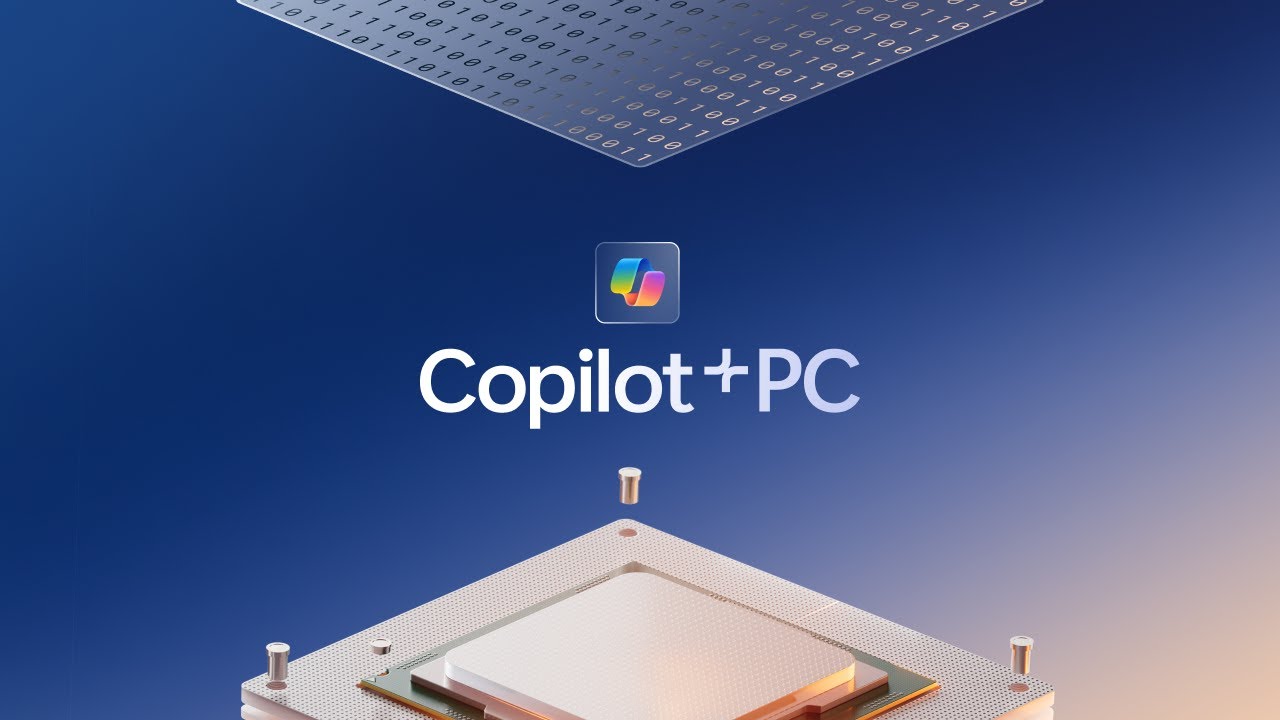This art exhibition was made entirely by AI, but artists are strongly against it
The auction is expected to rack up $600,000
2 min. read
Published on
Read our disclosure page to find out how can you help MSPoweruser sustain the editorial team Read more
Key notes
- Christie’s is facing backlash over its AI art auction, scheduled for February 20 to March 5.
- Artists argue some works use AI trained on copyrighted art without permission, with 3,000 signing a petition.
- Christie’s defends using AI trained on artists’ own inputs, while AI copyright disputes continue.

Christie’s, a New York-based global auction house, is facing strong-worded backlash over its upcoming “Augmented Intelligence” auction, which will focus entirely on art created by AI.
The auction, set to take place from February 20 to March 5, will feature over 20 pieces, including digital art and sculptures by artists like Refik Anadol and Harold Cohen. The auction is even expected to rack up $600,000 in sales.
But, many artists are upset because they believe some of the works were made using AI models that were trained on copyrighted art without permission. A petition to cancel it has been signed by at least 3,000 artists as the auction is soon taking place.
“Many of the artworks you plan to auction were created using AI models that are known to be trained on copyrighted work without a license. These models, and the companies behind them, exploit human artists, using their work without permission or payment to build commercial AI products that compete with them,” the petition reads.
“Your support of these models, and the people who use them, rewards and further incentivizes AI companies’ mass theft of human artists’ work,” it continues.
Since then, Christie’s has defended its AI use. A spokesperson told The Guardian that the AI art that’ll be auctioned had mostly been trained on the artists’ own inputs, and it’s rejecting the criticisms against AI art.
It’s another laundry-list of artists vs. AI saga that won’t seem to stop, as the ever-surging AI boom is happening and tech firms are racing to the top of the AI food chain.
Back in 2023, three artists—Sarah Andersen, Kelly McKernan, and Karla Ortiz—filed a lawsuit against Stability AI and Midjourney, creators of popular AI art generators, as well as DeviantArt for their involvement in the AI art tool DreamUp.
The lawsuit alleged that these companies violated copyright law by scraping millions of images from the web, without artists’ consent, to train their AI models.








User forum
0 messages